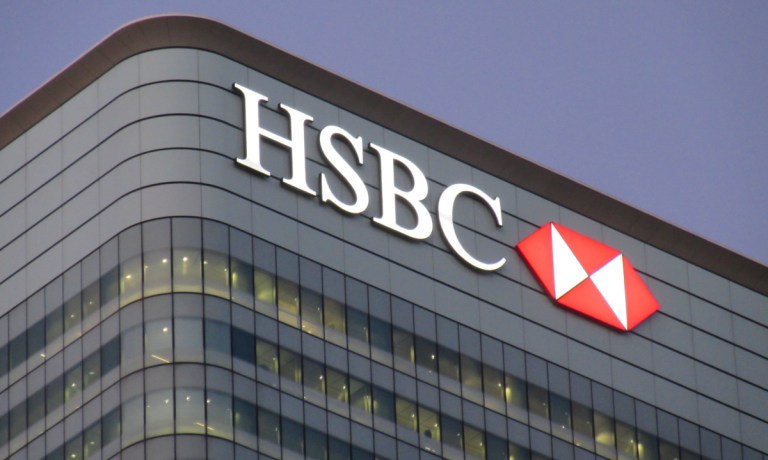
British banking giant HSBC wants the tech industry’s help with new fraud reimbursement rules.
The bank said the regulations expected to go into effect next month will not prevent fraud, The Guardian reported Sunday (Sept. 22).
David Callington, the head of fraud at HSBC UK, said while the new rules will lead banks and payment firms to upgrade their fraud detection systems, they won’t be enough to stem the tide of authorized push payment (APP) fraud cases in the United Kingdom, per the report.
Those fraud incidents — in which people are tricked into sending money to accounts held by scammers — cost consumers hundreds of millions of pounds last year, the report said. Beginning next week, banks and payment companies must reimburse scam victims up to 85,000 pounds (about $114,000).
British regulators put the rules in place following a wave of APP fraud cases. Figures from the U.K.’s Payment Systems Regulator (PSR) showed that APP fraud reached nearly 341 million pounds last year, a 12% decline since 2022. However, the volume of fraud cases climbed by 12% to 252,636, up from 224,603 the previous year.
“We can see some positive changes with more victims being reimbursed than in 2022,” David Geale, the PSR’s managing director, said in August. “But there is still more to do — particularly for some smaller firms which have much higher rates of receiving fraud than larger firms.”
Meanwhile, financial industry lobbying groups argue that most APP fraud cases originate on online platforms and social media sites such as TikTok or Facebook, The Guardian report said.
“The wider ecosystem, and key players in that ecosystem, have to be held to account,” Callington said, per the report. While banks need to be vigilant, the financial obligations need to “sit with those other sectors as well. They need the financial incentive.”
So far, the British government has asked tech and social media companies to take a voluntary pledge to prevent fraud, the report said. However, Callington said fraud would continue until Big Tech is forced to reimburse scam victims in cases where their fraud prevention efforts were insufficient.
“[R]egulators will only step in when they see that actually there’s not enough traction [on preventing fraud], and we’re not generating the outcomes that we want … from the voluntary aspects that have been put in place,” Callington said, per the report.